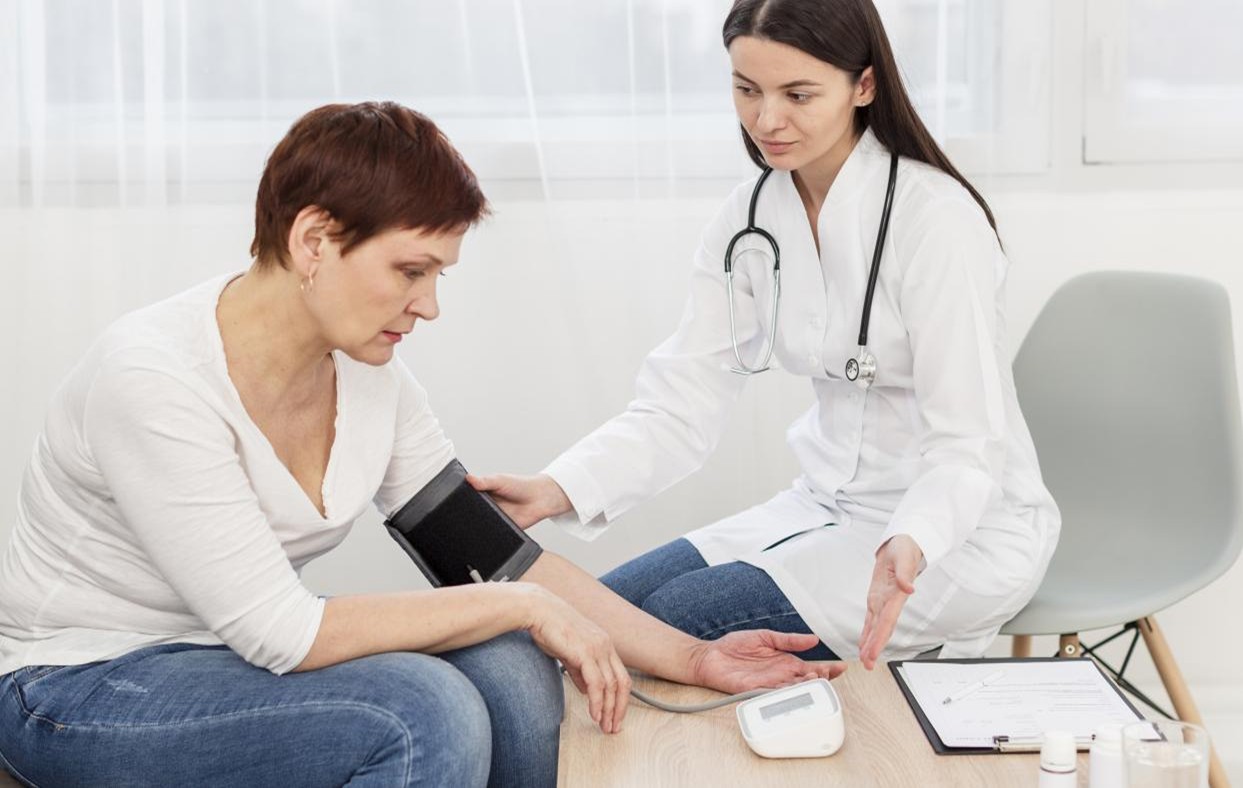- Shop A054 / 147-189 Brisbane Road. Biggera Waters, QLD 4216
- Contact: 07 5222 7117

- Home
- Services
- 45-49 years Health Checks (Bulk Billed)
- 75years+ Annual Health Checks (Bulk Billed)
- Aboriginal & Torres Strait Islander Health Check
- Childhood Immunisations
- Chronic Disease Management
- General Practice / Family Medicine
- Heart Health Check
- Men’s Health
- Mental Health Care Plans (Bulk Billed)
- Pre-Employment Medicals
- Pregnancy & Antenatal Care
- Sexual Health Clinic
- Skin Cancer Clinic
- Travel Clinic & Vaccinations
- Weight Loss Program
- Women’s Health
- Work Injuries & Work Cover Claims
- Patient Information
- Contact Us
- Appointment
